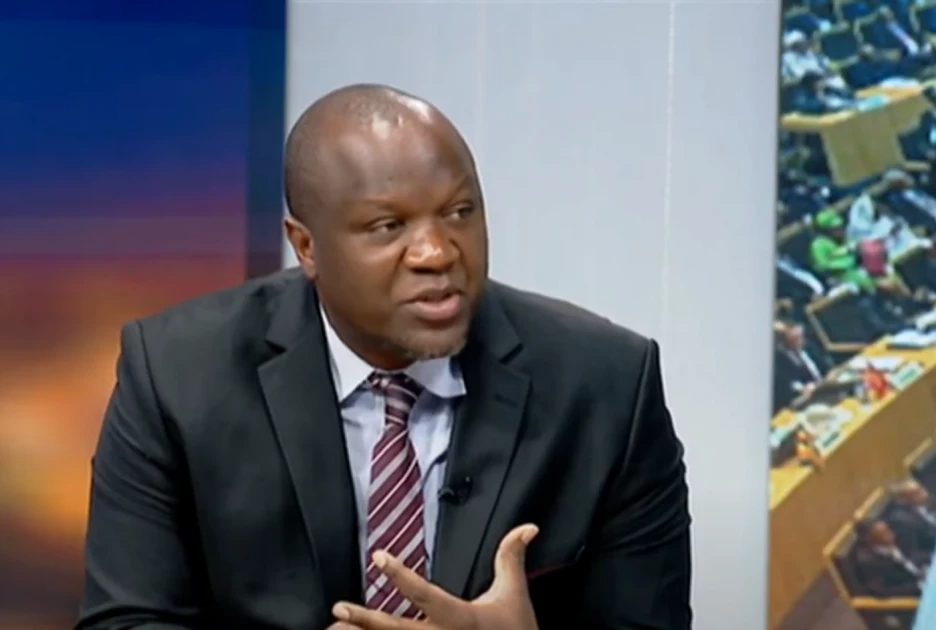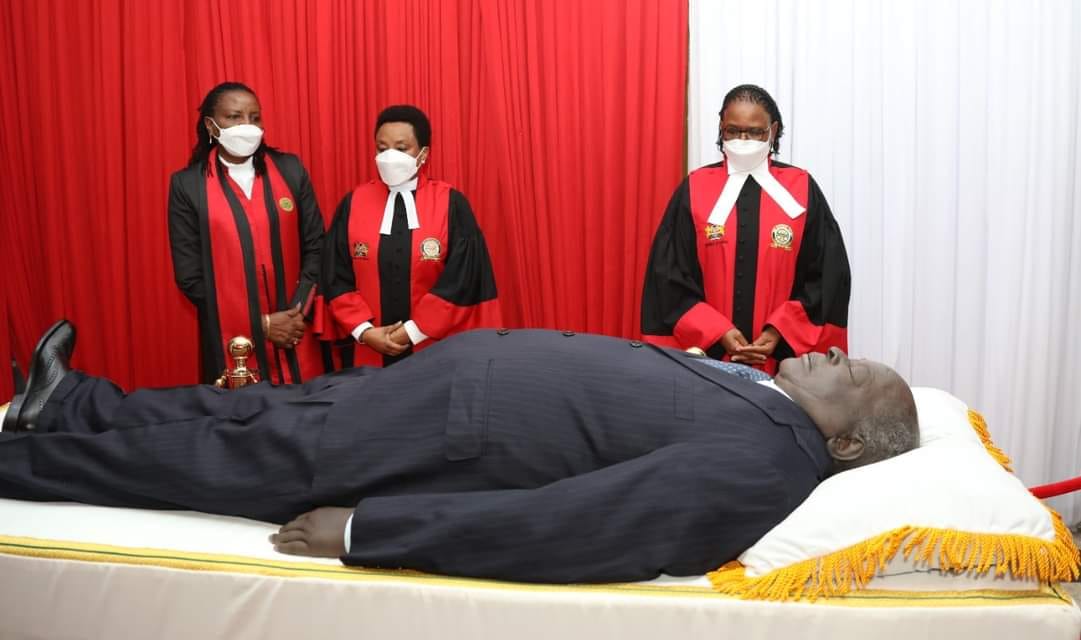Kenyan lawyer and constitutional expert Willis Evans Otieno has ignited a national conversation after asserting that the next presidential election should be held in 2026, not 2027, as many have assumed.
In a detailed legal breakdown shared across his social media platforms on April 18, 2025, Otieno argued that Article 136(2)(a) of the Constitution mandates that presidential elections be held “on the second Tuesday in August in every fifth year,” which, in his view, places the next election on August 11, 2026.
“This is not a flexible guideline—it is a constitutional command,” Otieno wrote. “The law says in the fifth year, not after five years.”
Breaking Down the Constitutional Math
Otieno outlined a year-by-year count from the last election, held on August 9, 2022:
-
2022 – Year 1
-
2023 – Year 2
-
2024 – Year 3
-
2025 – Year 4
-
2026 – Year 5
Following this logic, he concludes that the second Tuesday of August 2026—August 11—is the legitimate date for the next presidential election.
He further referenced Article 136 as the governing provision for the presidential election date, stressing that it takes precedence over Article 142, which simply states that a president’s term is five years from the date of swearing in.

Precedent from Past Elections
Otieno supported his argument with examples from previous election cycles:
-
In 2013, President Uhuru Kenyatta was sworn in on April 9, but the next election was held on August 8, 2017, nine months before his official five-year term under Article 142 would have ended.
-
In 2017, after a rerun election, President Kenyatta was sworn in again on November 28, yet the following election occurred on August 9, 2022, again short of a full five-year term.
According to Otieno, these precedents affirm that Kenya holds elections in the fifth year, as the Constitution requires—not after completing five calendar years in office.
“We are a Republic, not a monarchy,” Otieno said. “If your only path to power is by stretching time through calendar tricks, then you’ve already lost the people.”
A Nation Divided
Otieno’s legal interpretation has sparked intense online debate. While many supported his reasoning, others challenged the logic behind using election anniversaries as the starting point for counting years.
Economist Mohamed Welihye questioned the assumption that the “fifth year” in the Constitution refers to a specific calendar calculation, asking whether the courts had interpreted the term.
In response, Otieno cited Article 259(3)(c) of the Constitution, explaining that one full year is counted from August 9, 2022, to August 8, 2023, thus making August 9, 2022 – August 8, 2027 the completion of five years, with the election required in the fifth year (i.e., between August 2026 and August 2027), and precisely on the second Tuesday of that year.
One user, Nemuel Mustafah, asked, “How can 2022 be Year 1 if the second Tuesday in August already passed?”
Otieno’s response:
“To arrive at year one, you count from August 9, 2022, to 11:59 PM on August 8, 2023. The fifth year runs from August 9, 2026, to August 8, 2027. So you pick the second Tuesday within that fifth year.”
Legal Clarity Needed
With the debate gaining traction and sparking confusion among Kenyans, many are now calling on the Independent Electoral and Boundaries Commission (IEBC) or the Supreme Court to issue an official interpretation.
Otieno, however, remains firm in his stance, arguing that the Constitution’s language is clear and was intentionally crafted to prevent any attempts at extending presidential terms through delayed elections.
Whether or not his argument gains traction in legal or political circles, one thing is clear—the countdown to Kenya’s next general election is now under intense scrutiny.










































